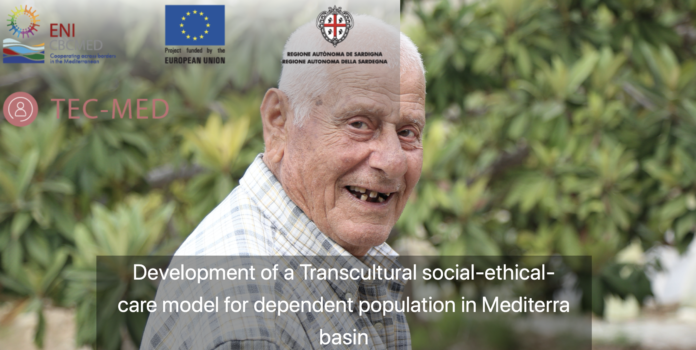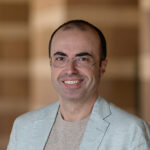Mediterranean countries are showing common trends in terms of social support decrease and the need for innovative and sustainable socio-ethical-care models. These issues have an impact on many categories of vulnerable people, such as dependent elderly having chronic diseases and lacking family network support, with the consequence of being further marginalized. TEC-MED will develop an innovative and cost-effective socio-ethical care intervention framework which will improve and adapt social care policies tackling the phenomenon of the ageing population. A new organizational model will be designed to support cooperation and partnership between public institutions and social care actors. Six pilot actions will be implemented in the participating countries to test and validate the model by involving social enterprises, citizens and public administrations.
The project is funded through the European Union’s ENI CBC MED Programme. The project partners include Egypt, Lebanon, Tunisia, Spain, Italy and Greece. Coordinated in Egypt by the Academy of Scientific Research and Technology (ASRT), TEC-MED aims, in the first place, to understand the current situation in each country to be able to develop an action plan for improving the standard of care for the elderly population, said Dr Mohamed Salama the scientific advisor for the project in Egypt.
Institute of Global Health and Human Ecology, American University in Cairo, Egypt
Dr Mohamed Salama established the first Translational Neuroscience Unit in Egypt. Mohamed’s collaborative research led to establishing the Egyptian Network for Neurodegenerative Disorders (ENND). Mohamed was selected as a SOT Global Senior Scholar in 2013 and Translational/bridging awardee in 2016. He was awarded by Parkinson’s and Movement Disorders Foundation (PMDF) for his continuing research in the field of neurodegeneration.
Recently, Mohamed and his colleagues succeeded to draft the first Reference Egyptian Genome and collaborating with other colleagues to start a national cohort (A Longitudinal Study of Egyptian Health Aging [AL-SEHA]). Currently, Mohamed is Atlantic senior fellow for Equity in brain health at the Global Brain Health Institute (GBHI) and Associate professor at the Institute of Global Health and Human Ecology at the American University in Cairo (AUC).



